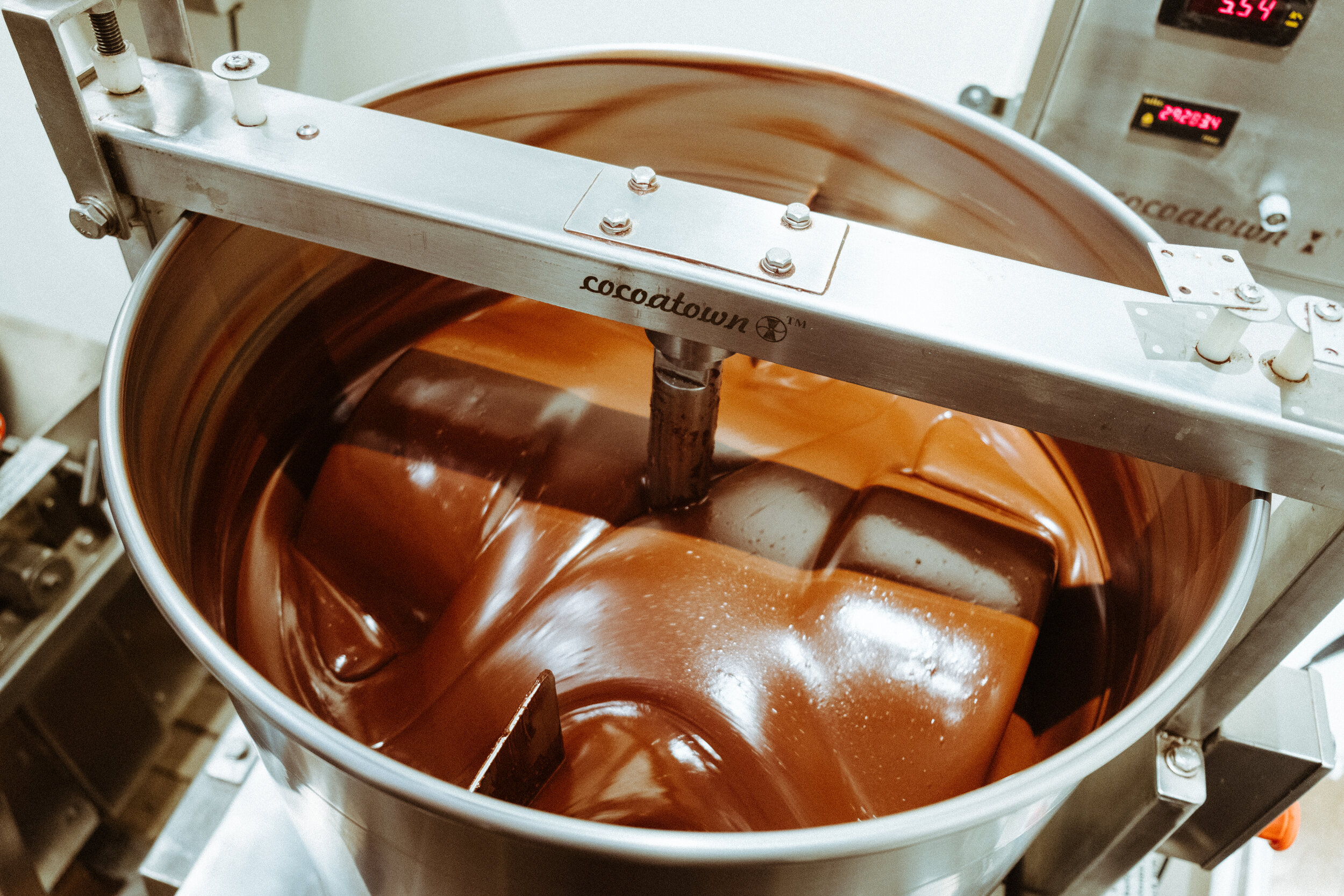By Jeff Romig
Two giants of the good food community are coming to Athens on Feb. 7 & 8 to share their work and impact during back-to-back meals at the 2020 Georgia Organics Conference & Expo.
K. Rashid Nuri is the visionary urban farming leader behind Truly Living Well Center for Natural Urban Agriculture, author of Growing Out Loud: Journey of a Food Revolutionary, and past chair of the Georgia Organics Board of Directors.
Alice Waters is the founder of The Edible Schoolyard Project, owner and executive chef at Chez Panisse in Berkeley, Calif., and a matriarch of the farm to table movement, pioneering local, organic, and sustainable sourcing since 1971.
On Saturday, Feb. 8, Georgia Organics will host Waters at lunch, where she and her team – including current Georgia Organics Board Member and 2018 James Beard Award Semi-Finalist Matthew Raiford of Gilliard Farms in Brunswick – will create one of Alice’s Edible Schoolyard menus and present it in a way that evokes the school experience.
“We are thrilled to be partnering with Georgia Organics and Chef Matthew Raiford to prepare this school lunch experience,” Waters said. “We will be sourcing all ingredients for this meal from independent, organic, local farms with the hope that this meal can demonstrate the possibility for a free, sustainable, school lunch throughout Georgia.”
The Reimagined School Lunch is being sponsored by Eversheds Sutherland’s Women Stepping Up Initiative, The Lunchbox Group, and Whole Foods Market who will provide food alongside local and organic farmers in Georgia.
Then, that evening, Nuri will deliver the keynote address at the annual Farmers Feast to an expected crowd of at least 800 attendees, where he will discuss his journey as an “elder revolutionary” through his more than 50 years of urban farming and the current efforts to create a homestead act to expand the work of urban farming.
“It’s exciting to see the number of people that have been impacted by Georgia Organics’ work,” Nuri said. “We’re creating more than a local food movement. We’re creating local food economies now.”
Raiford is thrilled to have both icons in the same place sharing their experiences and vision: “It’s going to feel like Georgia is the leader in the U.S. when it comes to organics,” he said. “And Georgia Organics is leading that charge.”
Three years before Waters opened Chez Panisse, Nuri was growing corn in a backyard, 500 miles south in San Diego.
“Technically, it was illegal,” Nuri told Natural Awakenings earlier this year. “I’ve been able to watch the growth from when we weren’t able to find a farmers market, to now, when you can find one just about every day of the week.”
This sea change in demand for local, organic, and sustainable produce is a credit to decades of work between Waters and Nuri – one on the farm, and the other in her restaurant.
“Every year, Georgia Organics brings together farmers, chefs, and eaters to learn, engage, and break bread together at Georgia’s premier good food movement educational opportunity,” said Alice Rolls, President and CEO of Georgia Organics. “Every year is special and relationships are formed or deepen that impact the landscape of our food system. But, to be able to eat with and listen to Rashid and Alice at back-to-back meals is truly a once-in-a-lifetime opportunity for our members and attendees.”
The annual Georgia Organics Conference & Expo is designed to foster a community of farmers, chefs, and eaters interested in supporting healthier foods, farms, and families, while showcasing and celebrating the people of Georgia’s good food movement. Prospective attendees can register to participate in the 2020 Conference by going to conference.georgiaorganics.org and clicking “Register Here.”
Jeff Romig is the Director of Fundraising & Communications for Georgia Organics. He can be reached at jeff@georgiaorganics.org.


























